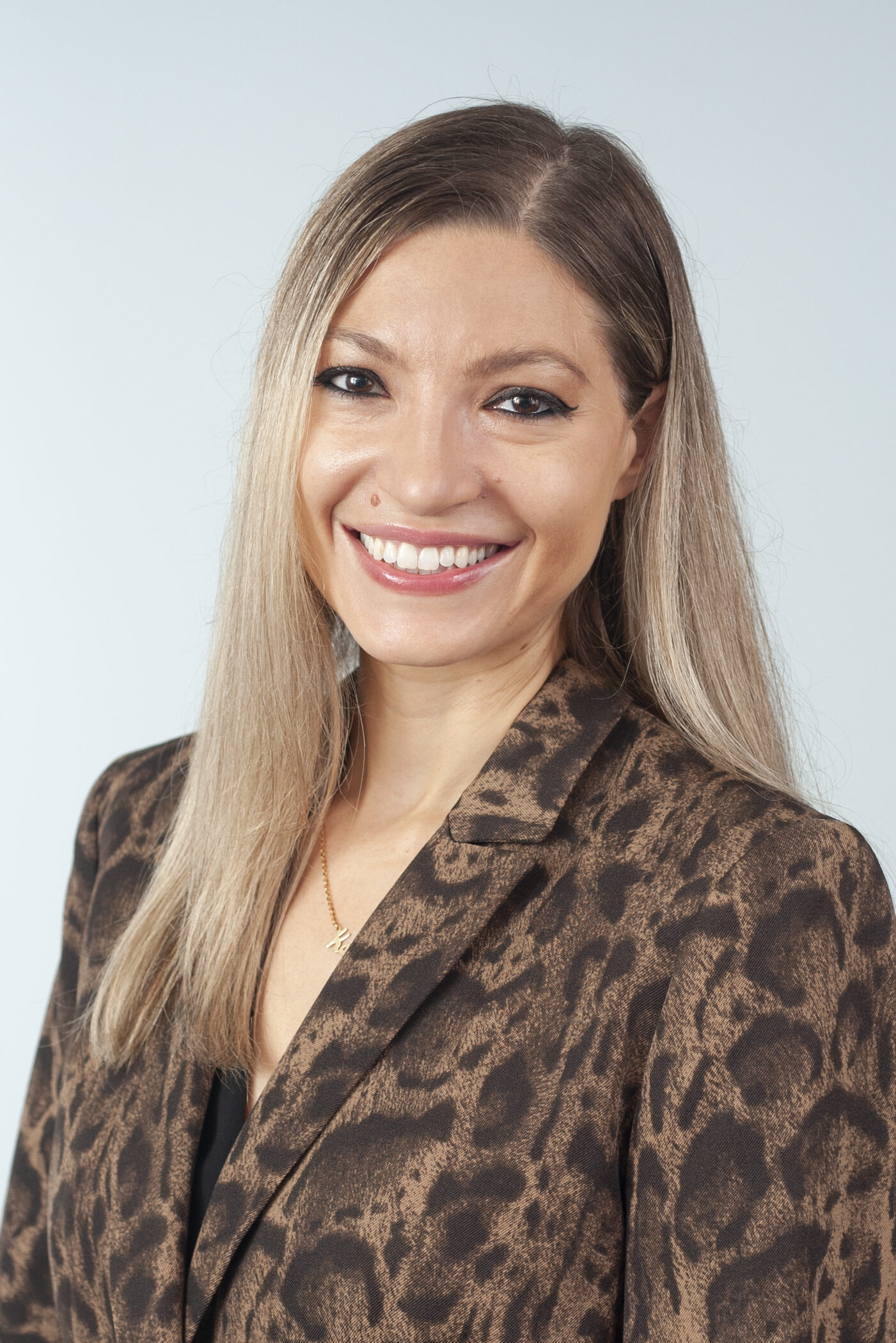The Effects of Anesthetics on Lymphatic Vessel Contractility
 Katarina Ruscic, PhD, MD
Katarina Ruscic, PhD, MD
Member of the Faculty of Anesthesia
Massachusetts General Hospital
Lecturer on Anaesthesia
Harvard Medical School
Boston, MA
Early in her anesthesiology residency, Katarina Ruscic, PhD, MD, discovered a gap in the current research around edema and saw an opportunity to address this gap by focusing on the role of lymphatics in the management of patient fluids. Now a member of the faculty at Massachusetts General Hospital as a Physician Investigator and Lecturer, she aims to be an innovator in lymphatic medicine and increase the understanding of how lymphatic vessels work, ultimately improving care for this vulnerable patient population. Recognized for this drive to impact the specialty of anesthesiology, Dr. Ruscic was awarded the 2022 IARS Mentored Research Award for her research, The Effects of Anesthetics on Lymphatic Vessel Contractility. Beginning by establishing a novel critical care mouse model and measuring the effect of different anesthetic agents on lymphatic contractility, Dr. Ruscic aims to demystify this organ system that has previously been ignored in medicine. Below, she delves into the intricacies of her research study and imagines how this increased understanding of lymphatic medicine will advance patient care in the future.
1. What drew you to this area of research?
As an anesthesiology resident in the ICU, it struck me that many of our patients have edema, but we never consider lymphatics as part of the equation for how to manage their fluid – or as a reason for why they might be edematous in the first place. I started reading about lymphatic vessels and was surprised to learn that lymphangions (the area between lymphatic valves) have rhythmic contractions. This is due to the presence of specialized lymphatic muscle cells, which are poorly understood. I recognized that there was a tremendous opportunity to better understand lymphatic physiology and that my PhD training in ion channels combined with my expertise in anesthesiology and critical care gave me the perfect set of skills to pursue research in this field.
2. What is the goal of your research?
I aim to be an innovator in lymphatic medicine and increase our understanding of how lymphatic vessels contract, and which physiological and pharmacological factors impact lymphatic pumping. In this specific project, I will establish a novel mouse model of critical care and will measure the effect of different anesthetic agents on lymphatic contractility.
3. What is the potential impact of your research on the field of anesthesia?
In long OR cases and in the ICU, patients have prolonged exposure to anesthetic drugs, such as inhaled anesthetics, propofol and ketamine. There is preliminary evidence in mice that some of these agents might impair lymphatic pumping. My work will define the effects of anesthetics on lymphatics in preclinical models, which will inform future translational work on the effect of anesthetics in humans in the OR and ICU.
4. How do you feel about receiving the IARS Mentored Research Award?
I am excited for the tremendous opportunity of the IARS Mentored Research Award! I am sure there were many deserving applicants and I am grateful to have been chosen. I will work to make the most of this award, and the support I continue to receive from my Department at Massachusetts General Hospital and from my mentors will help maximize what I can achieve.
5. How will this award affect your research/professional trajectory?
I aim to be an independent physician scientist with sustained research funding pioneering the field of lymphatic medicine. As I transition from the Harvard Anesthesia T32 grant to the IARS Mentored Research Award, I will have two years of 75% dedicated research time to study the effects of anesthetics on lymphatics. The award itself is an immense step in career development and my journey towards sustained independent research funding. The data generated during the award period will be used in grant applications in the next steps in my trajectory.
6. Is there anyone else you wish to acknowledge as part of this research team?
I would like to acknowledge my scientific mentor, Timothy Padera, PhD. I learned how to perform in vivo lymphatic imaging in his laboratory and continue to grow in my scientific knowledge and skills through his mentorship. I have also worked with many excellent undergraduates and research technicians the past three years who have helped move my research forward.
7. Outside of your research, what might someone be surprised to learn about you?
While I love being a physician scientist, I have outside interests and speak 4 languages, play classical piano, and have a black belt in karate. I have a wonderful family: parents who first sparked my interest in science, and an incredible husband and three-year-old daughter.
8. What is your vision for the future of anesthesia research?
There are so many interesting and useful questions to explore in our field! In pursuing lymphatic medicine, I am aiming to create and open up a new toolkit to understand an entire organ system, which we have largely ignored in medicine. The keys for success and progress will be ongoing support and funding from the departmental, anesthesia society, philanthropic, industrial, and federal levels. This needs to be combined with multidisciplinary collaboration to keep the basic science at the highest cutting-edge level and to move the findings into translational studies that will benefit patients.
“The award itself is an immense step in career development and my journey towards sustained independent research funding. The data generated during the award period will be used in grant applications in the next steps in my trajectory.”
– 2022 IARS Mentored Research Award Recipient Katarina Ruscic, PhD, MD
International Anesthesia Research Society
